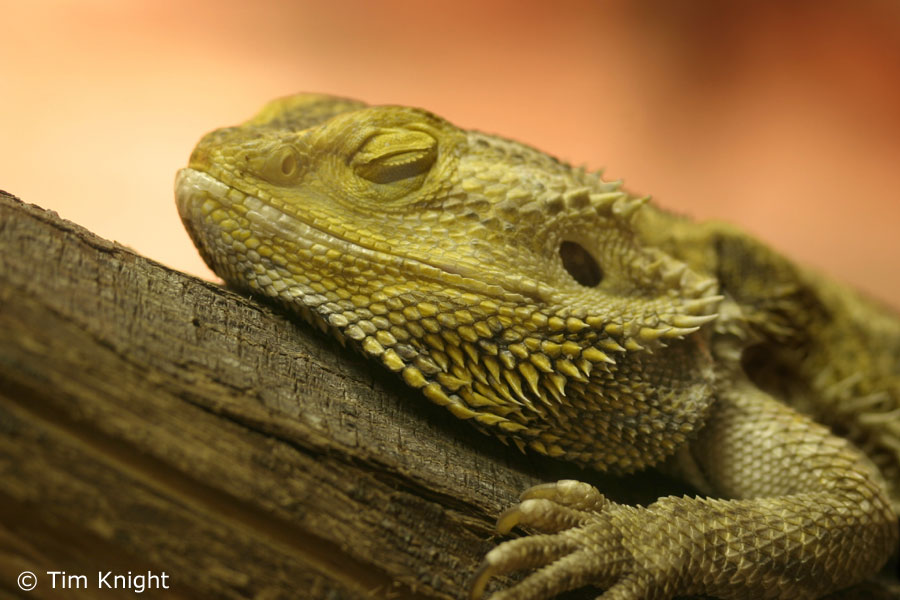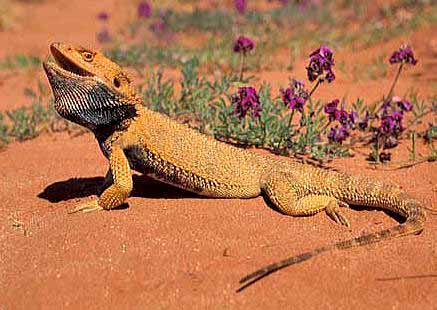Bearded Dragon with Eggs: A Beginner's Guide to Understanding and Caring for Your Pet
Bearded Dragon with Eggs: What You Need to Know

If you have a female bearded dragon, it’s possible that at some point she may lay eggs. This can be an exciting but also overwhelming experience for beginner pet owners. It’s important to understand why this may be happening and how to care for your bearded dragon during this time.
Why is Your Bearded Dragon Laying Eggs?
Female bearded dragons can lay eggs whether or not they have been bred with a male. These eggs will not hatch without the assistance of a male partner. This process is known as ‘oviposition.’
It’s important to understand that egg laying can often be a sign of a healthy reproductive system. However, sometimes it can indicate issues such as calcium deficiency or incorrect lighting and temperature in their habitat. If you suspect any health problems, it’s important to consult with a reptile veterinarian.
Preparing for Egg Laying

If you suspect your bearded dragon may be preparing to lay eggs, it’s important to make sure they have a safe and suitable habitat. This includes providing a nesting box or area for them to lay their eggs.
The nesting area should be deep enough for the bearded dragon to dig and lay her eggs, and the substrate should be a mix of sand and soil. It’s important to make sure the area is kept moist as well, as this will aid in the egg laying process.
Caring for Your Bearded Dragon During Egg Laying
During the egg laying process, your bearded dragon may become more lethargic and eat less. It’s important to continue offering food and water, but also keeping an eye on their behavior.
It’s also important to make sure the nesting area is kept clean and free of bacteria, as this can lead to infection in your bearded dragon.
What to Do with the Eggs
If your bearded dragon has laid eggs and they have not been fertilized by a male partner, it’s important to dispose of them safely and properly. Fertile eggs can also be incubated to hatch baby bearded dragons, but this process is not recommended for beginners without proper equipment and knowledge.
It’s important to remember that bearded dragons can lay eggs even without mating. If you want to avoid the egg laying process altogether, consider spaying your female bearded dragon or providing a male partner to mate with.
Conclusion
Understanding and caring for a bearded dragon during the egg laying process is a vital part of being a responsible pet owner. By providing a safe and suitable habitat, keeping an eye on their behavior, and properly disposing of any unfertilized eggs, you can ensure your bearded dragon stays healthy and happy.
